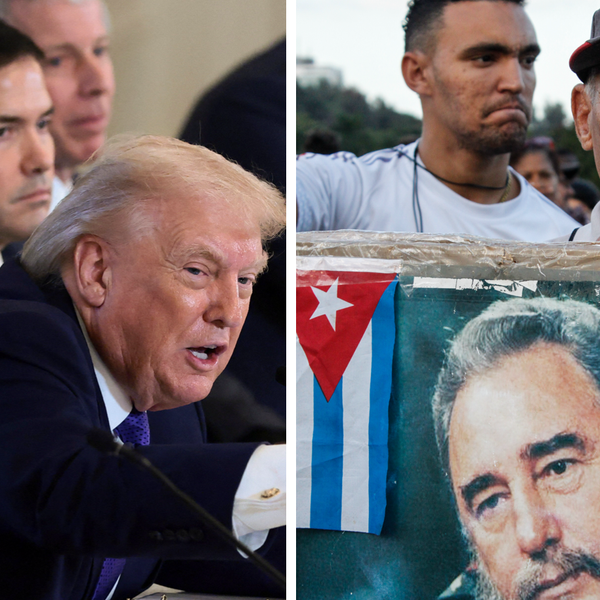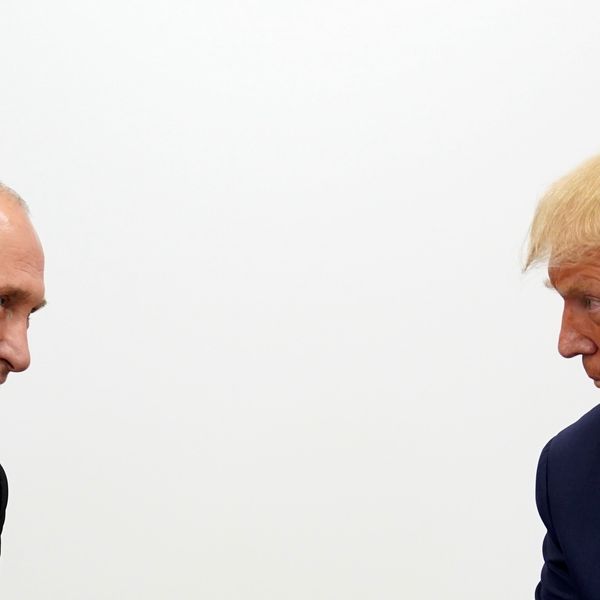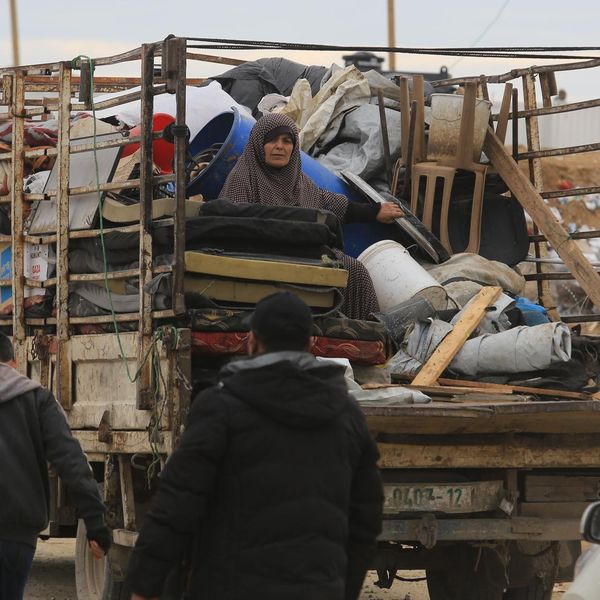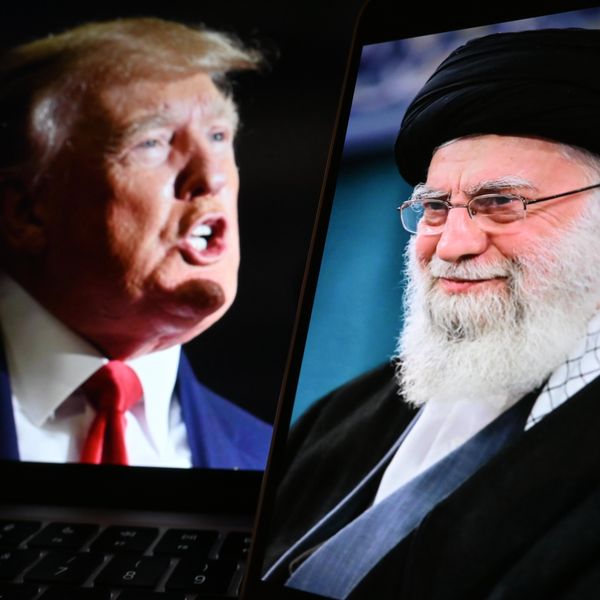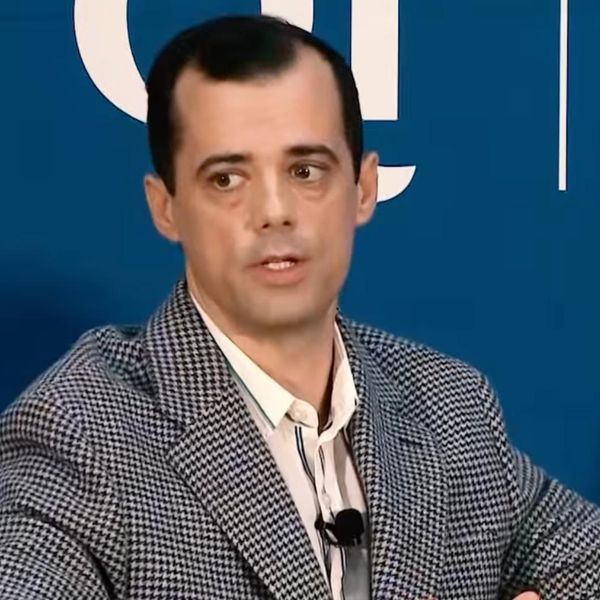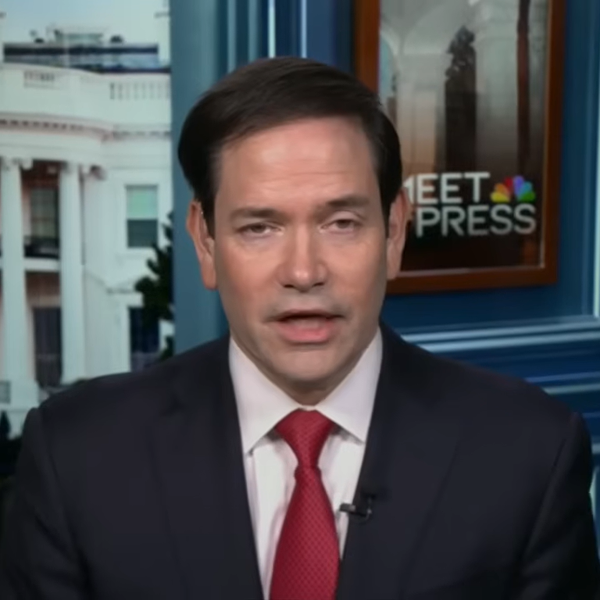On August 20, Guatemala’s anti-corruption candidate Bernardo Arévalo of the center-left Movimiento Semilla party won a resounding victory against establishment favorite Sandra Torres of the National Unity of Hope party (Unidad Nacional para la Esperanza) in the presidential run-off.
Arévalo secured a 58 percent to 37 percent victory over Torres, obtaining the majority of votes in 17 of the Central American country’s 22 departments, including a number of rural and indigenous communities. The new president is expected to take office on January 14.
Arévalo’s unexpected rise and landslide victory were a strong repudiation of the corrupt and entrenched interests that have ruled the country for decades. His triumph is a major triumph for Guatemala’s democracy and offers an opportunity to tackle widespread corruption and restore the rule of law. The vote in Central America’s most populous nation also marks an important victory against the wave of authoritarianism that has swept the region in recent years.
The road ahead, however, will be rough. The country’s political establishment appears set on using everything in its arsenal to disqualify Semilla and annul Arevalo’s victory to maintain their grip on power.
Challenging Road to Transition
On August 28, the Supreme Electoral Tribunal certified Bernardo Arévalo’s victory proclaiming him Guatemala’s next president, and the outgoing president, Alejandro Giammattei promised an orderly and transparent transition of power. But an orderly transition remains far from certain as Semilla and Arévalo continue to face a wave of legal battles in attempts to block his rise to power.
Despite Arévalo’s resounding victory, the country’s attorney general, Consuelo Porras, who was named to a second term by Giammattei and has been the subject of U.S. sanctions due to corrupt and undemocratic activities, is determined to push ahead with spurious cases against Semilla and election officials. Following the presidential run-off, her office also requested that charges be brought against election officials and has demanded the list of election workers.
The threats do not stop there. Hours before the August 28 certification of results, the electoral registry, under mounting threats of prosecution, suspended Semilla pending further investigation, in violation of court orders that ostensibly protected the party until October 31, when the electoral process officially ends. Two days later, the leadership in Congress, led by the governing party, stripped Semilla’s legislators of their party status; the move bars the party’s current and incoming lawmakers from serving on committees or as part of the leadership.
Given several credible threats to their lives, including two assassination plots, one involving state actors, the Inter-American Commission on Human Rights issued a resolution calling for protective measures on behalf of Arévalo and his running mate, Karin Herrera. The resolution also noted repeated threats presumably coming from individuals linked to the attorney general’s office.
Porras has not commented on the assassination plots but, instead, unsuccessfully filed a motion before the Constitutional Court asking for protection measures of her own and denouncing posts on social media calling for her resignation, including from journalists.
At the same time, Arevalo’s rival, Sandra Torres, has refused to concede, and has filed a complaint alleging fraud in the vote count. However, the electoral observation missions of the Organization of American States and the European Union have validated the results, and several countries, including the United States, have recognized Arévalo’s victory.
Post Inauguration Challenges
Presuming the establishment’s efforts fail and Arévalo can assume office on January 14, he will face steep challenges.
He will confront a strong opposition in Congress dominated by clientelist and hardline right-wing parties. Semilla obtained 23 out of 160 seats. If the establishment succeeds in permanently suspending Semilla’s legal standing, Arévalo will be left without a party bloc in Congress to help advance his legislative agenda.
Moreover, the establishment will continue to exercise power through the courts and the public prosecutor’s office, both of which have been stacked with its allies. By law, Porras, the attorney general, will remain in office until 2026 and will likely remain hostile to the incoming administration. Those who have profited from the status quo will fight him tooth and nail.
Despite these challenges, there are reasons to be hopeful. Arévalo and Semilla are genuinely committed to democratic values and tackling systemic corruption. The path forward will require careful collaboration and agreements with other sectors, including members of the private sector who share their goals and are open to supporting needed reforms, as well as with civil society.
Addressing the country’s deep inequalities will require working with indigenous organizations and leaders and ensuring they have a seat at the table. Arévalo will also need to rely on the support of the international community. More important, he enjoys the support of an important segment of the citizenry that is eager for change and a better future. Managing their expectations will be critical to his success.US Policy
Two years ago, the Biden administration launched a five-point, $400-million strategy to tackle the underlying causes of irregular migration from the region, but Central American governments have been reluctant to cooperate. The independent journalists, civil society activists, and other independent actors the U.S. has supported through the strategy have been the target of attacks, threats, and spurious charges by the region’s governments, forcing many into exile. The Biden administration’s relationship with the Giammattei government has been difficult as, at times, it has felt the need to cooperate on immigration enforcement matters, while, at others, it has sanctioned Guatemalan public officials due to corruption concerns.
Arévalo’s victory opens up new possibilities for the Biden administration. The president-elect understands the deep ties between both countries and is keen on developing a shared agenda with the United States. The U.S. is Guatemala’s most important economic partner, and an estimated 20 percent of the country’s GDP comes from remittances.
He has vowed to improve basic services — education, health, access to water, and infrastructure — as well as to purge state institutions coopted by corrupt interests. He has promised to focus development efforts on the rural areas that have been most abandoned by the government. Almost half of Guatemalans live in poverty, and that rate rises to 80 percent among indigenous peoples, who make up over 40 percent of the country’s 14.9 million people. Child malnutrition is one of the highest in the world, with nearly half of children under five suffering from chronic malnutrition, 58 percent among indigenous children.
The Biden administration is likely to continue pressing for border enforcement cooperation, an issue that Arévalo seems to acknowledge and has signaled an openness to working on with the U.S. government.
The Biden administration should view Arévalo’s victory as an opportunity to revamp its Central America Root Causes Strategy and offer its political, technical, and financial support to help him succeed. First, it must continue to work with other countries in the OAS Permanent Council to exert pressure on the current Guatemalan authorities, as it did after the first round in the elections in June, to ensure that the will of the Guatemalan people is respected and that Arévalo is able to assume office and carry out his democratic mandate.

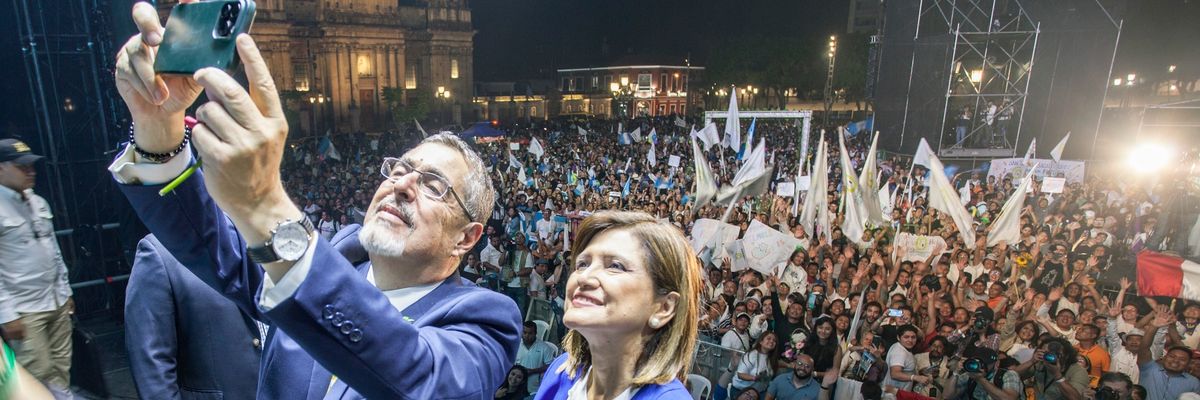



 Top photo credit: Ngô Đình Diệm after being shot and killed in the 1963 coup (US National Archives)
Top photo credit: Ngô Đình Diệm after being shot and killed in the 1963 coup (US National Archives) 
